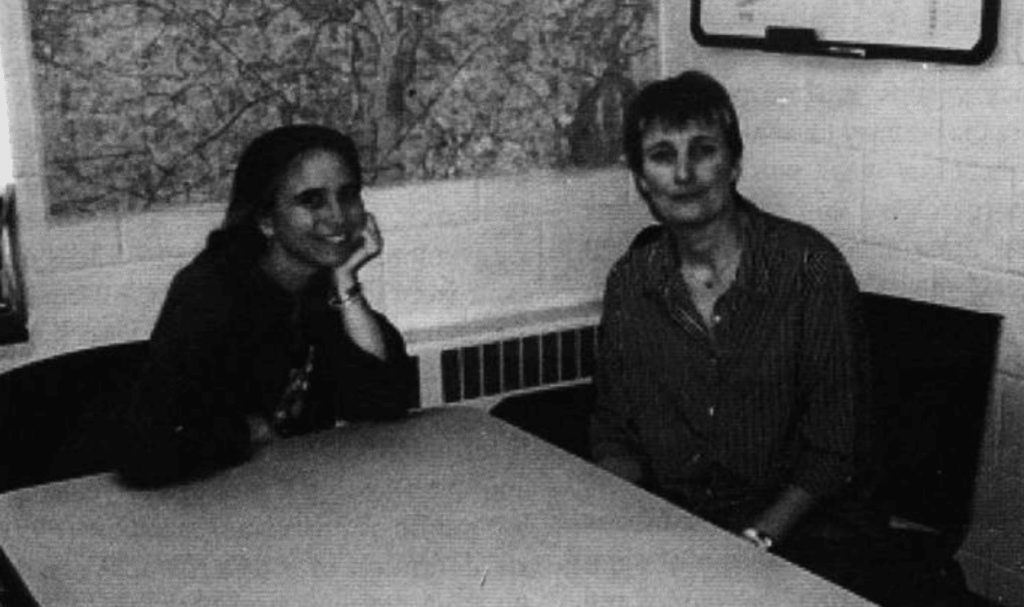When a partnership between a nonprofit organization and a government agency works well, people take notice and are pleasantly surprised. When that partnership endures for the long term and actually does what it is supposed to do, most people do not believe it.
And when the partnership is providing free housing to chronically homeless and mentally ill people, you have the makings of an out-of-this-world Hollywood movie.
Fortunately for Washington, D.C., this scenario is real.
Since its inception last April, Pathways to Housing has worked with the Community Partnership for the Prevention of Homelessness, The D.C. Department of Mental Health and the D.C. Housing Authority to place 40 chronically homeless, mentally ill individuals in their own apartments – rather than in shelters or hospitals.
Pathways to Housing takes a “housing first” approach to solving the problems associated with homelessness.
What is needed are “programs that are low-barrier or no-barrier and offer affordable housing,” said Project director Willa Day. “It shows skewed priorities the way some organizations put program needs above people needs.”
Many programs require, for example, that an individual be sober for a year or complete an educational program to qualify for permanent housing. Pathways to Housing is the only D.C.-based organization that does not have such a treatment barrier, Day said.
The philosophy of the “housing first” approach is that other personal goals are nearly unattainable until a person has the stability of a permanent home.
At the same time, however, Pathways to Housing clients meet twice a month with member of the ACT (Assertive Community Treatment) Team. This team includes a social worker, peer counselor, substance abuse counselor and employment specialist.
The organization also is in the process of hiring a registered nurse and will hire a psychiatrist in July. The ACT Team is housed in the first Congregational Church, at 945 G Street, NW, which is close to other service providers and public transportation and has the required 1,500-2,000 square feet of space at an affordable price.
Pathways to Housing accepts referrals from other service providers, service agencies, the Public Defender’s office, churches and others. The organization needs about two weeks to verify that potential clients are chronically homeless and have a mental health diagnosis, which will enable them to qualify for such income sources as disability or VA benefits.
During this two-week period the organization works with clients and the Community Partnership to locate up to three housing options. Clients then choose their apartment.
With the help of the ACT Team, each client develops personal goals, which can range from getting a GED or becoming sober to learn a new hobby or reuniting with family members.
It is a “doing with, not doing for” approach, Day said.
The Pathways to Housing staff will help find ways to attain a client’s goal but will not set goals. Sometimes, a client’s goal is unattainable unless other issues are addressed.
If a client wants to reunite with his family, for example, he first might need to address a drug addiction.
While the ACT Team tries to help clients confront the issues that caused their homelessness, team members do not give ultimatums. Clients never are at risk of losing their housing, and if a landlord evicts them, the organization helps find another home.
But the ACT Team will counsel clients about an eviction, because the goal is to provide permanent housing, Day said.
In addition, the organization works closely with landlords to prevent eviction by having an open dialogue about the client’s needs.
Landlords have been incredibly helpful and supportive of their Pathways to Housing residents and the program in general, Day added.
To find apartments, Pathways to Housing gets help from the Community Partnership and its housing director, Clarence Stewart.
The Partnership keeps apartment lists and offers such other support as covering the start-up costs when a client is placed. It typically takes two or three months before Section 8 housing voucher money arrives.
Pathways to Housing works with the D.C. Housing Authority to secure the Section 8 vouchers, which guarantee that rent is paid on a regular basis and that a client is not at risk of being evicted for failure to pay.
Because all clients have some sort of mental illness, the program also get support from the D.C. Department of Mental Health.
The department’s director, Marti Knisley, “has been key to the success” of Pathways to Housing, Day said.
This summer, Pathways to Housing will begin recruiting volunteers to help with office tasks, to serve as one-on-one partners and to sponsor outings and trips for clients.
The organization also hopes to raise money to cover clients’ housing start-up costs, which range from $1,000 to $1,200 for furniture, kitchenware and other household items.
In addition, Pathways to Housing wants to find homes for 10 more people by the end of May, for a total of 50 clients. That would bring the ACT Team near its capacity of roughly 65 clients.
As a result, the organization is looking ahead to finding a place in another part of the city to house another ACT Team.
For more information about Pathways to Housing, to make a financial contribution, or to refer an individual, contact Willa Day at 202-393-5611 or email [email protected]








